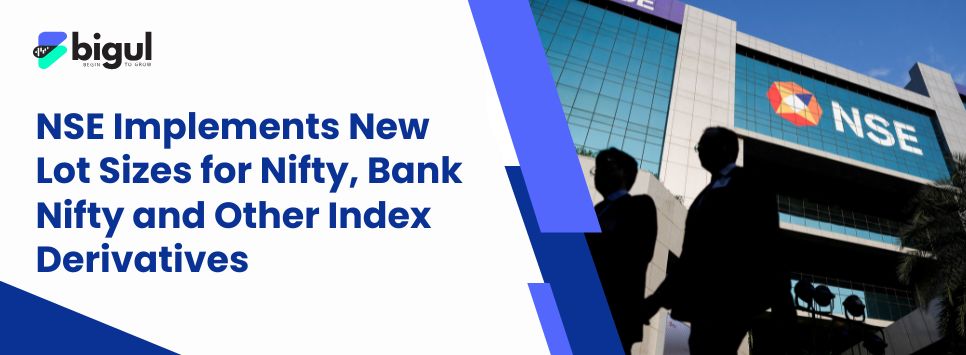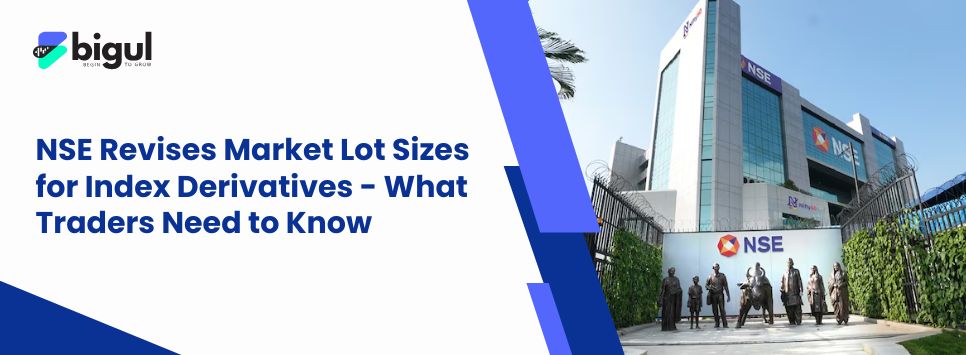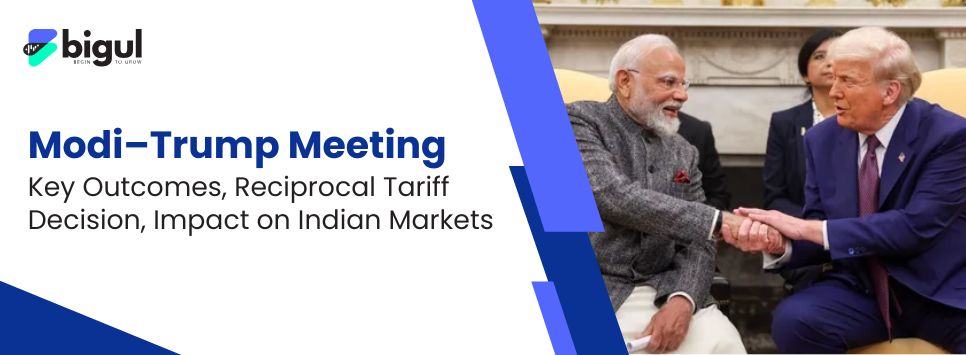The latest Modi Trump Meeting news is surfacing over internet speculating the possible affects of it on markets and industries. The high-level meeting between Prime Minister Narendra Modi and US President Donald Trump ushered in tremendous advancements in trade, defence, and policy changes. Moreover, the US' declaration of mutual tariffs has set the stage for debates on how it could affect Indian markets. Let's dive into a thorough analysis of the same and the effects on trade, stocks, and investor morale.
Key Outcomes of the Modi - Trump Meeting
Both the leaders pledged to lower tariff barriers and make trade policies simpler, which would improve business prospects for the two countries. Reduced tariffs make Indian exports, especially IT services and pharma, more competitive in the US, which could improve margins and investor sentiment for these sectors. Discussions also held on collaborative defence projects and infrastructure development, which resulted in increased government expenditure in these sectors. This may lead to long term contracts for Indian firms, which would be positive for capital goods stocks, defence industries, and infrastructure. Discussions also highlighted possible tax and regulation reforms for enhancing ease of doing business in India. Streamlined tax principles reduce compliance costs, boost disposable income, and benefit sectors such as real estate, consumer durables, and FMCG.
Trump's Decision on Reciprocal Tariff
Trump's administration also introduced new reciprocal tariffs on Indian imports in an effort to protect US industries. This increases the price of Indian products in the US, potentially affecting volumes of exports and revenue. Higher tariffs could minimise competitiveness for core Indian export sectors such as IT services and pharmaceuticals. The government of India may introduce counter measures to support affected industries through policy reforms or trade incentives. Short-term volatility is anticipated in the stock market as investors revalue earnings expectations of export-heavy companies, while domestic sectors less subject to US trade may experience relatively stable valuations.
Market Integrated Dynamics: Currency, Gold and Trade Policy
The exchange rate of USD/INR is around 86.89. A weaker rupee benefits exporters as it makes Indian exports cheaper overseas but raises the cost for import-dependent industries like consumer durables and electronics. Gold prices are rising because of economic and geopolitical uncertainty, which can cause capital to shift away from equities, making short-term market volatility higher while helping gold-related investments. Weaker rupee boosts exports but raises import expenses, impacting earnings in all sectors. Investor confidence will be influenced by considerations such as RBI interventions, fresh fiscal reforms, and international economic trends.
Future Trends and Strategic Investment Approach
Global economic uncertainty and changing US monetary policies indicate sustained volatility in USD/INR, necessitating RBI interventions to stabilise the rupee. If geopolitical tensions continue, gold prices can remain strong as a safe-haven asset. The Indian government could implement trade changes to offset US tariffs. Investors need to diversify between both export-oriented and domestic-oriented sectors to offset risk. Investing in stocks of companies with strong financial metrics such as P/E, ROE, and low debt-to-equity ratio is suggested. Monitoring RBI moves, fiscal reforms, and international trade policies will aid in making profitable investment decisions.
Conclusion
The Latest news on modi trump meeting and the newly introduced reciprocal tariffs are key drivers of Indian markets over the next few months. While improved trade relations, defence collaborations, and regulatory reforms boost investor sentiment, new tariffs pose short-term risks to exporters. A depreciating rupee and strengthening gold prices contribute to market uncertainty, but proactive government measures, fiscal infusion, and RBI actions may help stabilise the economy. For investors, diversification, focusing on financially sound companies, and keeping abreast of policy developments will be the way to navigate the changing market environment.
Sources: Livemint – New Income Tax Bill Expectations, Reuters – Modi–Trump Meeting Highlights, Moneycontrol – Income Tax Bill Discussion, Moneycontrol – Trade Policy Updates







.jpg)





.jpg)
